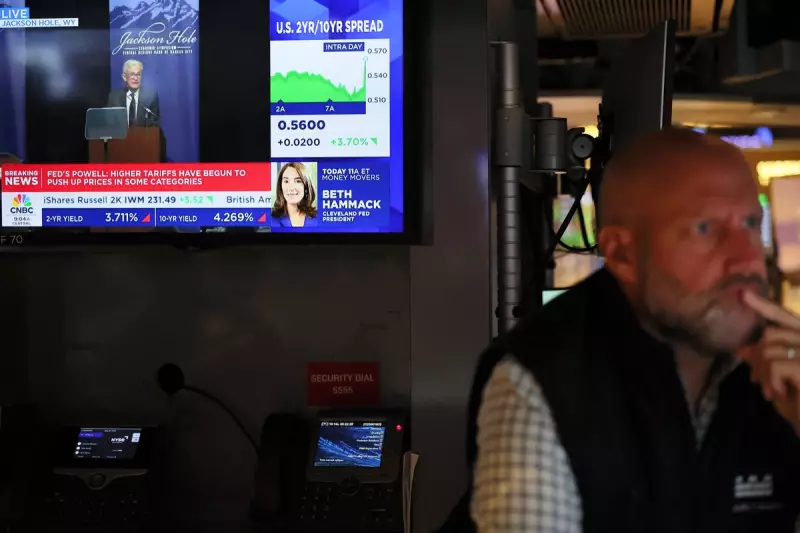
In a move that sent ripples through financial circles, former US President Donald Trump has issued a stark warning to the current head of the US central bank, Jerome Powell. During a recent interview, Trump heavily implied that Powell's tenure would be cut short should he return to the White House.
The former president's critique centred on his belief that Powell is poised to lower interest rates for political reasons, potentially to boost the prospects of the current administration. 'I think he’s going to do something to probably help the Democrats,' Trump stated, suggesting a move to cut rates would be economically unjustified.
'I Know Something About Choosing a Good Chairman'
Trump's most pointed remark came when he reflected on his own appointment of Powell in 2018. He claimed credit for selecting Powell but then expressed regret, stating the Fed chief 'turned into a political person.' This was followed by a characteristically Trumpian assertion: 'But I know something about choosing a good chairman, let me put it that way.'
This vague yet loaded statement has been widely interpreted as a direct threat to Powell's position, underscoring Trump's intention to install a more compliant Fed leadership if re-elected.
Market Jitters and Political Pressure
Trump's comments have reignited concerns about the independence of the Federal Reserve, a cornerstone of US economic stability. Historically, presidents have avoided publicly pressuring the Fed to ensure its decisions are based on economic data, not political expediency.
This is not the first time Trump has clashed with Powell. During his first term, he frequently lambasted the chairman for raising interest rates, breaking with long-standing presidential tradition. His latest intervention suggests a second Trump term would involve even more direct and public pressure on the supposedly independent institution.
Financial analysts are watching closely, as such overt political threats can create uncertainty, influencing market confidence and investment decisions in the lead-up to the November election.




